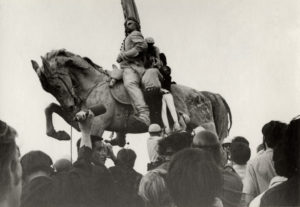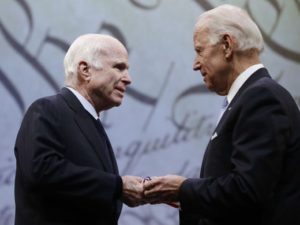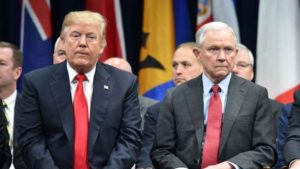INTERSTATE 90, Mont. — I don’t come to Montana too often. My first time in the Big Sky State was in the summer of 1973 when my wife and I traveled with our then-infant son to the Great Lakes and back to Portland, Ore.
Back then, Montana was famous — or infamous — as a place where the state set no limits on speed. You could drive as fast as you wanted, as long as you considered it “prudent.”
It was sort of a Mountain West autobahn in Montana. My wife and I traveled to Germany in September 2016 and were treated with how folks drive really fast. I didn’t rent a car during our stay in Bavaria; we left the driving to our friends who played host to us. Vehicles would zoom past us and our friend, Martin, would laugh it off: “Oh, that’s nothing, man.”
The autobahn days are now over in Montana, I am happy to report. We’ve driving a good stretch over Montana in recent days.
The posted speed limit throughout the state on rural highways in 80 mph. That’s still a bit too fast to suit my taste. We hauled our fifth wheel recreational vehicle behind our pickup and set the cruise control at 60 mph. That’s fast enough for us, thank you very much.
Still, I am heartened to know that Montanans have a speed limit to obey … presumably to curb the peddle-to-the-metal mentality that well might have been instilled in them by a history of adhering only to what they believe is a “prudent” speed.




